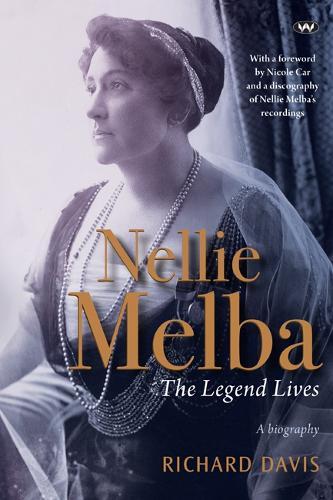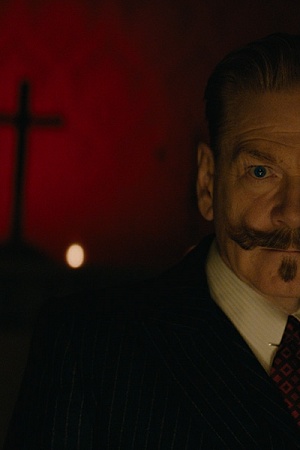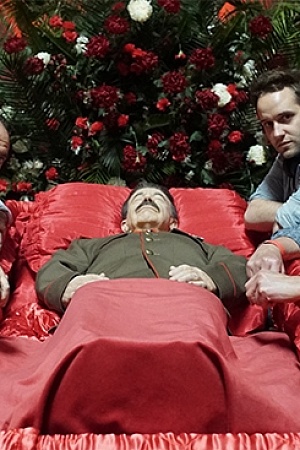Trumbo ★★★1/2
In 1950 a number of Hollywood screenwriters, including Dalton Trumbo, were sentenced to almost a year's imprisonment for contempt of Congress. Their 'crime' was a failure to answer questions from the House Un-American Activities Committee about their involvement with the Communist Party, which in the paranoid atmosphere of the early Cold War was seen as threatening to undermine the United States through subversive movies. Following their release, the writers were placed on a blacklist, which meant no major studio would employ them.
How far those who led the attacks on 'reds' in Hollywood actually believed their own propaganda is a complex question, and one that Trumbo doesn't seek to explore. Rather, the film seeks to use Trumbo's story as an American allegory in which commitment to liberty triumphs and Trumbo, through grit, sheer talent, and the support of a loving family, emerges victorious, resuscitated by the industry which had helped bring him down.
Continue reading for only $10 per month. Subscribe and gain full access to Australian Book Review. Already a subscriber? Sign in. If you need assistance, feel free to contact us.















Leave a comment
If you are an ABR subscriber, you will need to sign in to post a comment.
If you have forgotten your sign in details, or if you receive an error message when trying to submit your comment, please email your comment (and the name of the article to which it relates) to ABR Comments. We will review your comment and, subject to approval, we will post it under your name.
Please note that all comments must be approved by ABR and comply with our Terms & Conditions.